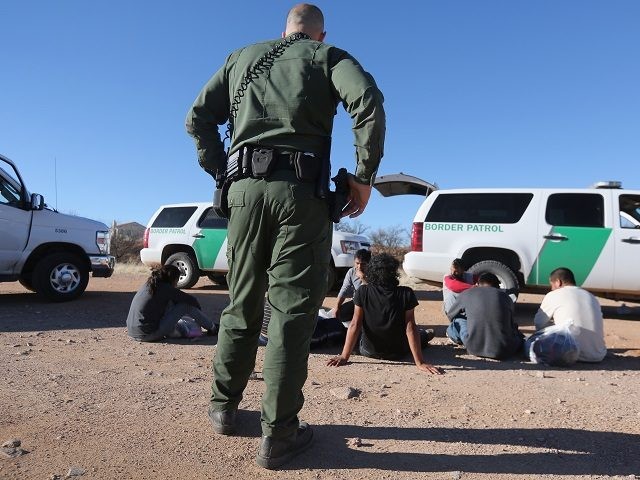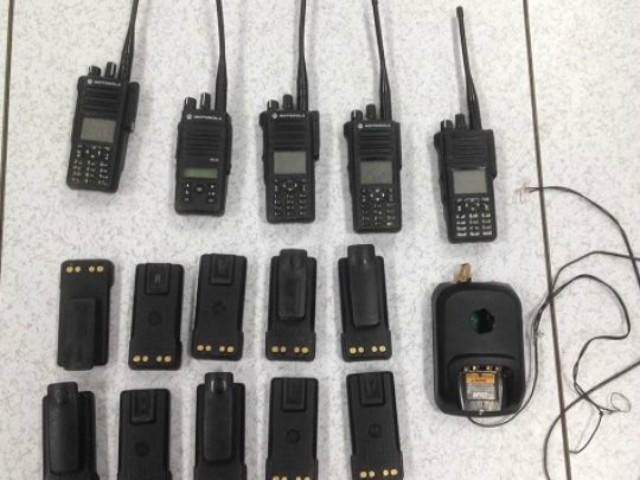PHOENIX, Arizona — Federal agents continue encountering sophisticated drug smuggling operations whose members use radio communication systems, scouts, and other measures to avoid capture.
In one of the most recent cases, U.S. Border Patrol agents near Ajo used tracking dogs to follow and capture a group of drug smugglers moving along a remote mountain pass, information released by U.S. Customs and Border Protection revealed. Authorities were able to seize 224 pounds of marijuana and a bag with nine pounds of methamphetamine. The agents arrested a 32-year-old man from Mexico but were not able to grab the other smugglers.
That arrest follows a seizure in Yuma, where U.S. Border Patrol agents arrested 15 smugglers and seized 350 pounds of marijuana. According to information released by CBP, they also had radios, cell phones, and high-end binoculars. Agents patrolling the border near Yuma arrested a group of six who had entered the country illegally. While searching the group, authorities found five Motorola 2-way radios, 10 batteries, one charger, eight cellphones, one auxiliary cellphone charger, and two Nikon binoculars. Soon after, agents found approximately 350 pounds of marijuana and arrested nine more mules.
The use of communications systems exhibits the use of surveillance teams or “scouts” who are used by Mexican cartels to direct smugglers on the routes to use in order to avoid law enforcement. The sophistication used by the groups is something commonly seen in Arizona due to the value of the drugs being smuggled and the presence of rip crews roaming border mountain ranges looking to steal loads at gunpoint.
In some cases, cartel smuggling operations have deployed crews of gunmen to escort their smugglers, Breitbart Texas reported.
Historically speaking, marijuana seizures are expected to escalate since the time frame between October and February is considered the harvest season in Mexico.
Robert Arce is a retired Phoenix Police detective with extensive experience working Mexican organized crime and street gangs. Arce has worked in the Balkans, Iraq, Haiti, and recently completed a three-year assignment in Monterrey, Mexico, working out of the Consulate for the United States Department of State, International Narcotics and Law Enforcement Program, where he was the Regional Program Manager for Northeast Mexico (Coahuila, Tamaulipas, Nuevo Leon, Durango, San Luis Potosi, Zacatecas.)


COMMENTS
Please let us know if you're having issues with commenting.